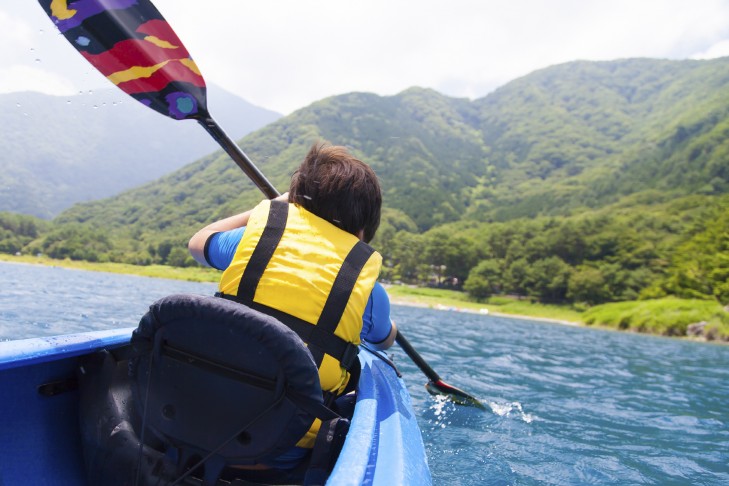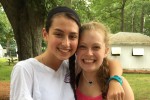It’s steamy, it’s sultry, it’s nearly 100 degrees outside…but at least it’s summer camp season!
I talked to Jeremy Fingerman, the CEO of Foundation for Jewish Camp (FJC), about what’s new and exciting in the world of camp this year. FJC works with almost 300 Jewish overnight and day camps to develop curriculum, provides grants for new programs and trains counselors and administration to make their camps, well, awesome. FJC works with many local camps, such as Camp Kingswood and Camp Pembroke.
They also help send kids to camp: One Happy Camper provides up to $1,000 in grants to first-time campers. The program has helped send more than 77,000 kids to camp for the first time.
These days, Fingerman says, camp isn’t merely about old-fashioned fun like swimming in a lake and singing songs around a campfire. There’s a growing market for specialty camps focusing on things like arts and sports. In response, FJC opened six new specialty camps through a Specialty Camps Incubator, which offer niche activities like science, surfing and sports. The push for specialty camps is the biggest shift in camping life since when we were kids, says Fingerman.
Closest to us, Ramah Sports Academy at Connecticut’s Fairfield University is a sports camp run by elite coaches and counselors. (We wrote about them back in February!) At Eden Village West in northern California, kids learn about farming and culinary arts. At Sababa Beachaway in Virginia Beach, kids learn to surf and sail.
In a turbulent world, camp is a (usually) device-free, values-driven haven, whether you’re surfing or cooking.
“We’re living in a time of accelerating change and disruption. We feel it all around us. I think camp is more important than ever. Jewish camp provides a timeless antidote for what’s happening by…being connected and feeling a sense of belonging while still having fun and adventure,” Fingerman says.
But some values remain constant. Here’s why camp matters, according to Fingerman:









